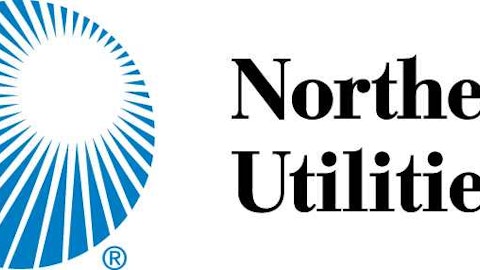
However, if there’s one lesson that is reiterated throughout history, it’s that governments generally value their economies more than their environment. The world’s largest economies often cozy up with countries that are rich in natural resources and lax in regulation, guaranteeing long-term returns for their investors.
Since the 1960s, American oil companies such as Texaco (now a subsidiary of Chevron) increased their diplomatic ties with Amazon nations such as Ecuador to gain long-term oil contracts. Today, Chinese oil giant China Petroleum & Chemical Corp (ADR) (NYSE:SNP) is doing the same, forging overseas alliances with Ecuador, Peru and Chile to increase its drilling presence across the Amazon.
While some Americans have been quick to criticize China’s expansion into the rainforest, it would be a hypocritical argument. Across Latin America, it’s merely a case of severing ties with old partners while embracing a new one.
Out with the old, in with the new
Ecuador is putting up a third of its Amazon rainforest for sale, with the auction on 16 oil concessions, spanning across 3 million hectares and closing on July 16. The biggest buyer is expected to be China, which has steadily increased its investments in the nation over the past several years. China has also given out massive loans to Ecuador, Argentina, Venezuela and Brazil, which can be repaid through “long-term commodity sales.”
In other words, China will continue lending to Ecuador’s government as long as it allows state-owned China Petroleum & Chemical Corp (ADR) (NYSE:SNP) to drill for oil in the rainforest. Ecuador currently owes China $8.8 billion, which nearly guarantees that most of those oil concessions will go to China by the end of the summer.
The deal marks a return to the status quo similar to the one the Ecuadorian government shared with Texaco between 1964 and 1992. Texaco left the country in 1992 after drilling in the rainforest for 28 years, and was subsequently sued by residents of the Ecuadorian Amazon, who claimed that its drilling operations had caused severe health problems for over 30,000 residents in the region.
Texaco spent $40 million on cleanup efforts through the 1990s, despite being absolved of further responsibilities by the Ecuadorian government. However, the affected residents continued suing the company, which was acquired by Chevron Corporation (NYSE:CVX) in 2001. An Ecuadorean court has since ruled that Chevron must pay $19 billion in damages, which the company has refused to pay on grounds that Texaco’s offenses were a result of lax Ecuadorian environmental laws.
Using the Bilateral Investment Treaty as a shield (and a weapon)
After Chevron Corporation (NYSE:CVX) inherited Texaco’s troubles, the company retaliated against the Ecuadorian government by claiming the Bilateral Investment Treaty between Ecuador and the United States should have protected it from the $19 billion ruling. As a result, an international arbitration tribunal ordered Ecuador to pay Chevron $96.35 billion plus compound interest in damages. The Ecuadorian government has refused to pay the charge, claiming that the verdict encroached on its sovereignty, and that it is seeking to end the Bilateral Investment Treaty with the United States to prevent future arbitration.
Chevron Corporation (NYSE:CVX) was not the only company to use the Bilateral Investment Treaty to its advantage against Ecuador. In 2006, Ecuador abruptly canceled Occidental Petroleum Corporation (NYSE:OXY)’s operating contract, claiming that it broke the terms of its initial agreement by transferring a 40% stake of its operations to EnCana Corporation (TSE:ECA) without approval from the Ecuadorian energy ministry. Occidental (NYSE:OXY) protested the government’s decision, and a World Bank tribunal (ICSID) ruled that Ecuador illegally canceled the company’s exploration-and-production rights, and awarded the company $1.77 billion in damages. Just as with the Chevron case, the Ecuadorian government is requesting an annulment of the ruling.
China shrewdly cultivates a symbiotic relationship
Besides Chevron Corporation (NYSE:CVX) and Occidental, Ecuador still has two other cases pending with the ICSID – one with ConocoPhillips (NYSE:COP) subsidiary Burlington Resources and another with French oil company Perenco. Both companies claim that the Ecuadorean government illegally confiscated their assets in 2009.





